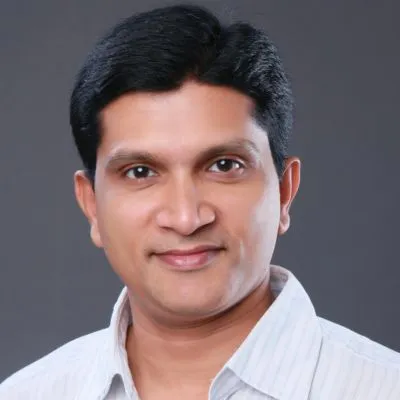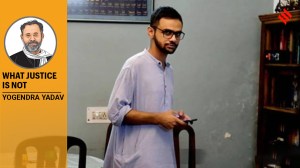The Supreme Court on Monday issued notice to the Enforcement Directorate (ED) on Delhi Chief Minister Arvind Kejriwal’s plea challenging his arrest in connection with the excise policy scam case. A bench of Justices Sanjiv Khanna and Dipankar Gupta also fixed the next hearing in the matter in the week starting from April 29.
Senior Advocate A M Singhvi, appearing for Kejriwal, prayed for an earlier date but the court said the date it had given was the earliest it could. The senior counsel said he wanted to show some facts “to shock the conscience of the court. There are some selective leaks…”, and requested it to hear the matter next Friday.

Justice Khanna said he had not come across any such thing. “We will give you a short date, but not possible on the date suggested by you.” Singhvi said, “This an unusual matter and not because he is a Chief Minister.”
Story continues below this ad
“There are two documents — ECIR and FIR and there are eight chargesheets between the CBI and ED. This petitioner is not named,” he submitted. Singhvi added that “the story starts from September 2022. He was arrested on March 16, 2024. Between that time, there are 15 statements, nine by one person, six by others. All 15 statements do not state the above”.
As the court asked him to reserve his arguments for the next date, Singhvi questioned the timing of the arrest, saying it was “the object of arresting on March 16…post the model code of conduct, is to disable me from campaigning.”
Solicitor General Tushar Mehta, appearing for the ED, objected to the submission. The court then went on to issue notice.
Last week, the Delhi High Court dismissed Kejriwal’s plea challenging his arrest by the Enforcement Directorate (ED), saying the agency was in “possession of enough material” to arrest him. Arrested on March 21, Kejriwal is in judicial custody till April 15 and is currently lodged in Tihar Jail.
Story continues below this ad
Appealing against the high court’s April 9 ruling, Kejriwal questioned the timing of his “illegal” arrest under the Prevention of Money Laundering Act (PMLA), saying it was “in the middle of the election cycle and especially after the declaration of the schedule of General Elections 2024.”
Saying that his arrest was “obviously motivated by extraneous considerations”, he said it “was made solely relying on subsequent, contradictory, and highly belated statements of co-accused who have now turned approvers”. These statements and material were in the ED’s possession for the last nine months but the arrest was made just ahead of Lok Sabha elections, he said in his plea.
Naming some of the co-accused, Kejriwal said the statements of C Arvind, Magunta Reddy and Sarath Reddy, who claim to have met him, don’t suggest that he had done any act of commission or omission within the scope of Section 3 of the PMLA. The statements by two others – Butchi Babu and Raghav Magunta – are entirely hearsay, he said, adding that they had not even met him.
In his petition, Kejriwal said the high court failed to appreciate that statements under Section 164 of the Criminal Procedure Code (CrPC) are not held to be the gospel truth, and can always be doubted by the courts. Section 164 can never be used as substantive evidence of the truth of the facts but may be used for contradictions and corroboration of a witness who made it, he said.
Story continues below this ad
The plea argued that the high court also failed to appreciate that the statement of the co-accused turned approver cannot be the starting point for ascertaining the accused person’s guilt. Moreover, the court failed to appreciate the procedure adopted by the ED in procuring such statements by coercion, on the inducement of bail and exoneration, and hence cannot be ex-facie relied upon to ascertain his guilt, Kejriwal said.
Underlining the urgency of the apex court’s intervention, he said that “over and above the issue of illegal curtailment of liberty, the… arrest also constitutes an unprecedented assault on the tenets of democracy, free-and-fair elections and federalism, both of which form significant constituents of the basic structure of the Constitution”.
“The ED has allowed its process to be used and misused by vested interests as an instrument of oppression to not only invade the liberty of the political opponents in the midst of general elections 2024 of such vested interests but also to tarnish their reputation and self-esteem. Such lawlessness cannot be allowed to be perpetrated under any circumstances,” Kejriwal said in his plea.
Saying that the arrest “bears serious, irreversible ramifications for the future of electoral democracy in India”, he said that if he “is not released forthwith to participate in the upcoming elections, it will establish a precedence in law for ruling parties to arrest heads of political opposition on flimsy and vexatious charges before elections, thereby eroding the core principles of our Constitution”.









